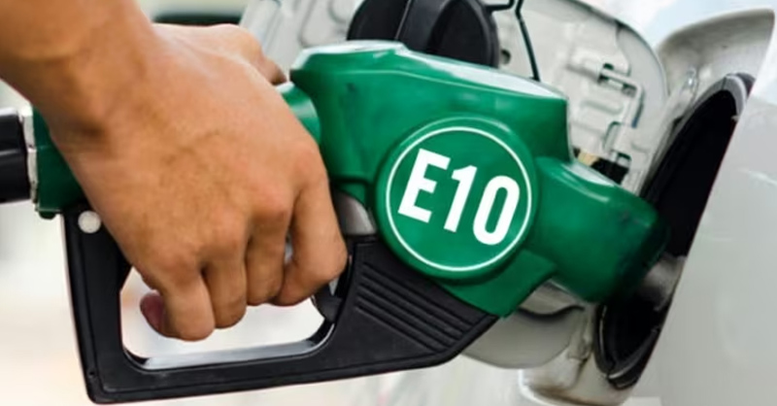
Proposal to use E10 biofuel nationwide from January 1, 2026 - Illustration photo
The Ministry of Industry and Trade is seeking comments on the draft "Circular regulating the roadmap for applying the blending ratio of biofuels with traditional fuels in Vietnam", which specifically regulates the blending ratio of biofuels, the roadmap for applying the blending ratio, production and trading activities of biofuels, biogasoline, and the use of biogasoline for gasoline engines.
Bio-fuels are E10, E15 and other types of fuels that are blended with unleaded gasoline in different proportions.
According to the proposal of the Ministry of Industry and Trade, from January 1, 2026, all gasoline blended, mixed, and sold for use in gasoline-powered motor vehicles nationwide will be E10 gasoline.
From January 1, 2031, all gasoline blended, mixed, and traded for use in motor vehicles using gasoline engines nationwide will be E15 gasoline or bio-gasoline with other blending ratios prescribed by the Minister of Industry and Trade based on the current development status of motor vehicles; socio- economic development conditions; production and import conditions of bio-fuels and bio-gasoline and ensuring energy security.
During the time when regulations are not mandatory, organizations and individuals are encouraged to participate in the production, blending, mixing, trading and use of biodiesel (B5, B10).
The main objective of this plan is to reduce dependence on fossil fuels, ensure energy security, promote green transformation, reduce emissions, in line with the commitment to sustainable development and Net Zero, the Ministry said.
At the same time, forming a domestic biofuel industry, with a production - blending - distribution chain.
Encourage research on new technologies and international cooperation to upgrade biofuel production technology
In addition to its environmental significance, increasing the use of biofuels also helps restore the operations of biofuel factories that have been invested in and built in recent years but have not been put into operation due to lack of a market for their products, contributing to avoiding waste of investment resources, while developing raw material areas (cassava, corn), creating jobs for a large number of workers in the midland and mountainous areas in the production of raw materials and biofuels, creating high added value.
Anh Tho
Source: https://baochinhphu.vn/de-xuat-su-dung-xang-sinh-hoc-e10-tren-toan-quoc-tu-1-1-2026-102250826104452711.htm










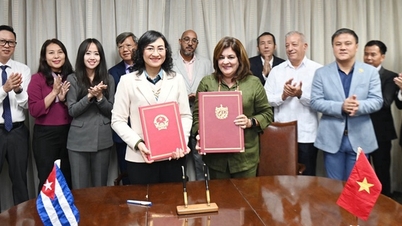
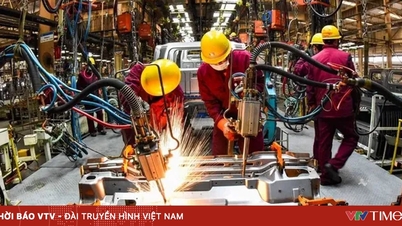

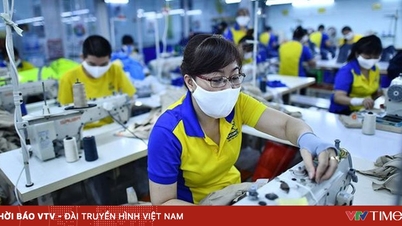

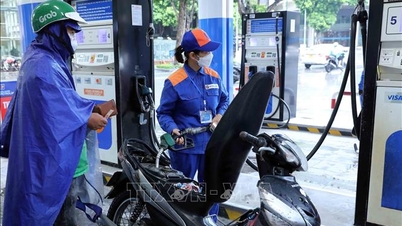


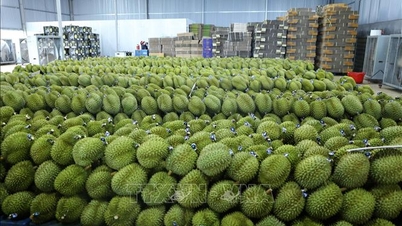
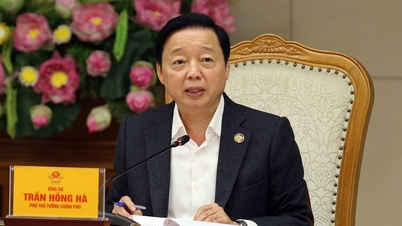
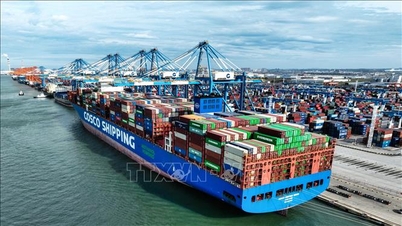
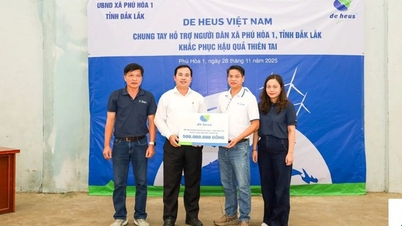
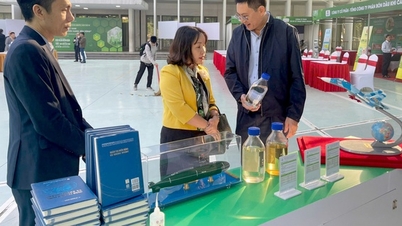






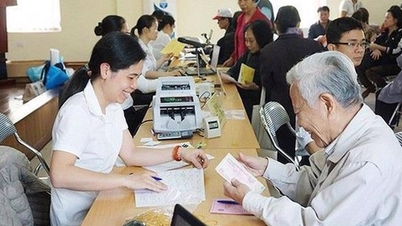

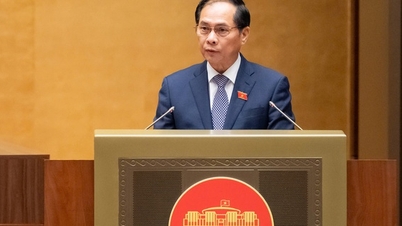
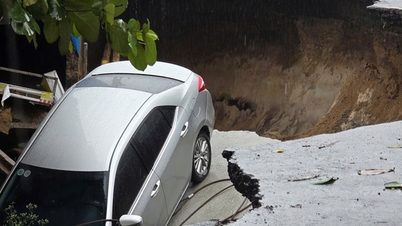
![[Photo] Parade to celebrate the 50th anniversary of Laos' National Day](/_next/image?url=https%3A%2F%2Fvphoto.vietnam.vn%2Fthumb%2F1200x675%2Fvietnam%2Fresource%2FIMAGE%2F2025%2F12%2F02%2F1764691918289_ndo_br_0-jpg.webp&w=3840&q=75)
![[Photo] Worshiping the Tuyet Son statue - a nearly 400-year-old treasure at Keo Pagoda](/_next/image?url=https%3A%2F%2Fvphoto.vietnam.vn%2Fthumb%2F1200x675%2Fvietnam%2Fresource%2FIMAGE%2F2025%2F12%2F02%2F1764679323086_ndo_br_tempimageomw0hi-4884-jpg.webp&w=3840&q=75)



























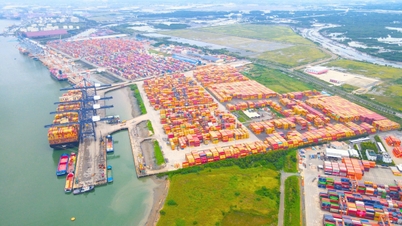













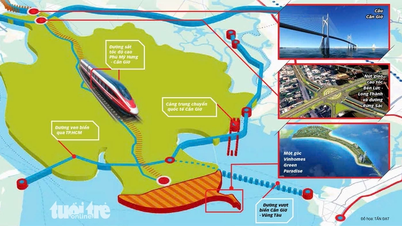








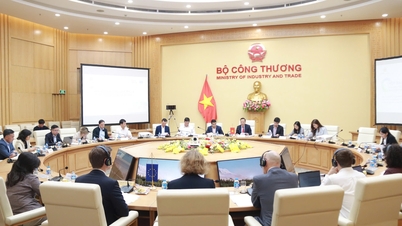
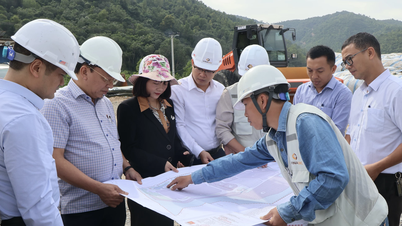





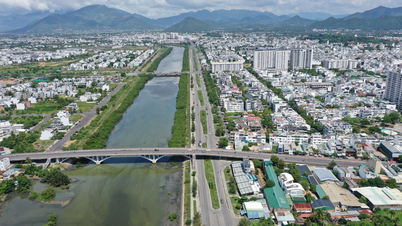














Comment (0)